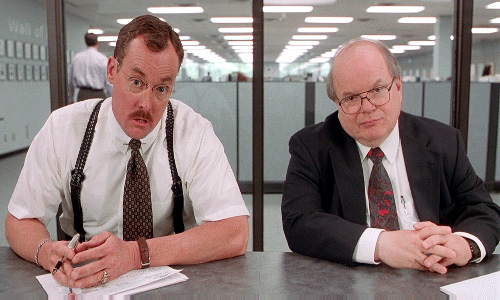After a meeting with a new potential customer, in which you have shown all the best features of your company, the services you can offer and the skills you can express, how many times you had the feeling you did not reach him/her?
Besides an apparent interest of circumstance, dictated more by the conventions that courtesy imposes than genuine interest, we have not breached, and we perceive it.

In short, it ends with a sort of “we will let you know”, which is nothing more than a polite “I don’t care”.
It is not a question of not preparing well or not presenting exciting material.
It’s just that customers don’t care about our story.
They only care about theirs.
As distant as it may seem, there is an anthropological reason behind this detachment of the client: the human being has innate priorities, and the first is survival.
But what does it have to do with our customers?
Let’s take a digression for a moment in the functioning of our body.
We burn calories every day, even when standing still.
The metabolic rate is what keeps our entire body system in perfect working order.
Our brain alone needs at least 11 calories per minute, 20% of the resting metabolic rate.
Therefore, the primary function of our brain is to keep us alive, avoiding burning too much energy.
When our brain is bombed with information deemed unnecessary to our survival, it simply disconnects to save calories.

That is what happens when we “storm” the customer with a series of information on how good we are.
The brain goes into stand-by, energy-saving, conserve energy.
And the customer disconnects.
We are out.
Aware of this mechanism, we must change our approach: always maintain empathy, always speak in terms that help our customers improve and thrive.
There is always a second fundamental factor to consider in communicating with customers: being brief is always for the same principle of saving energy.
Humans don’t buy the best products and services, but those who they can understand faster.
As they say: “Just keep it simple”.
When asked to explain what work we do, how many of us can promptly express it in two minutes maximum?
There is a final concept to consider: the customer must always be at the centre of our communication.
Let’s not talk about us.
Let’s talk about them being short and concise.
Let’s clarify the message.
On the topic, we suggest the books by Donald Miller.

